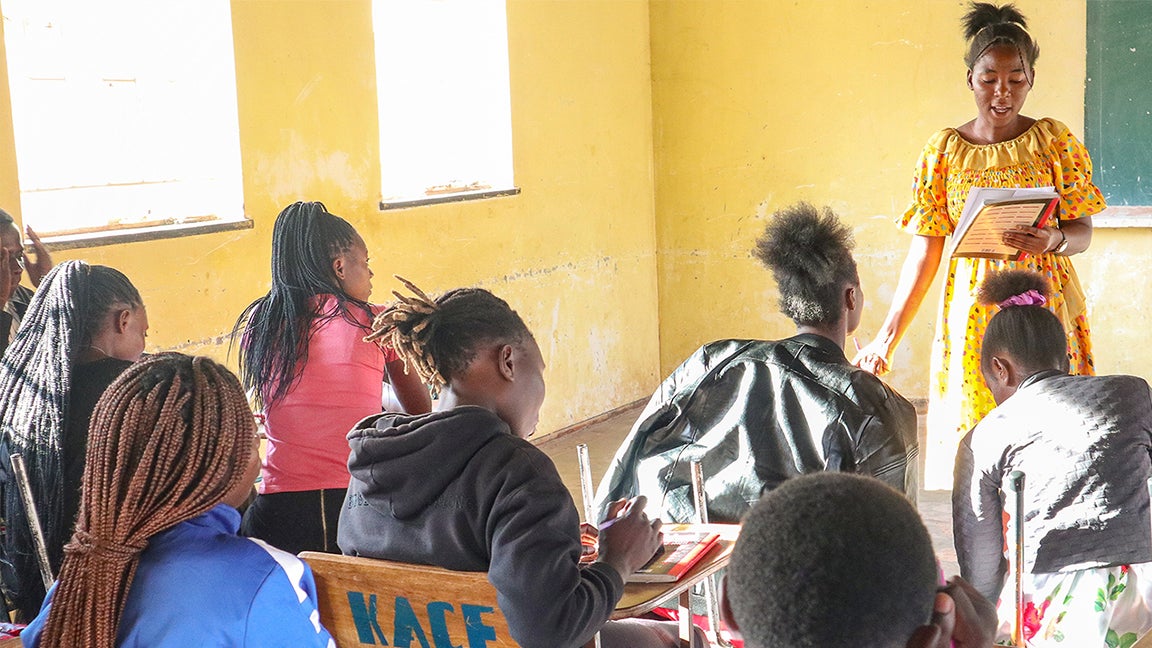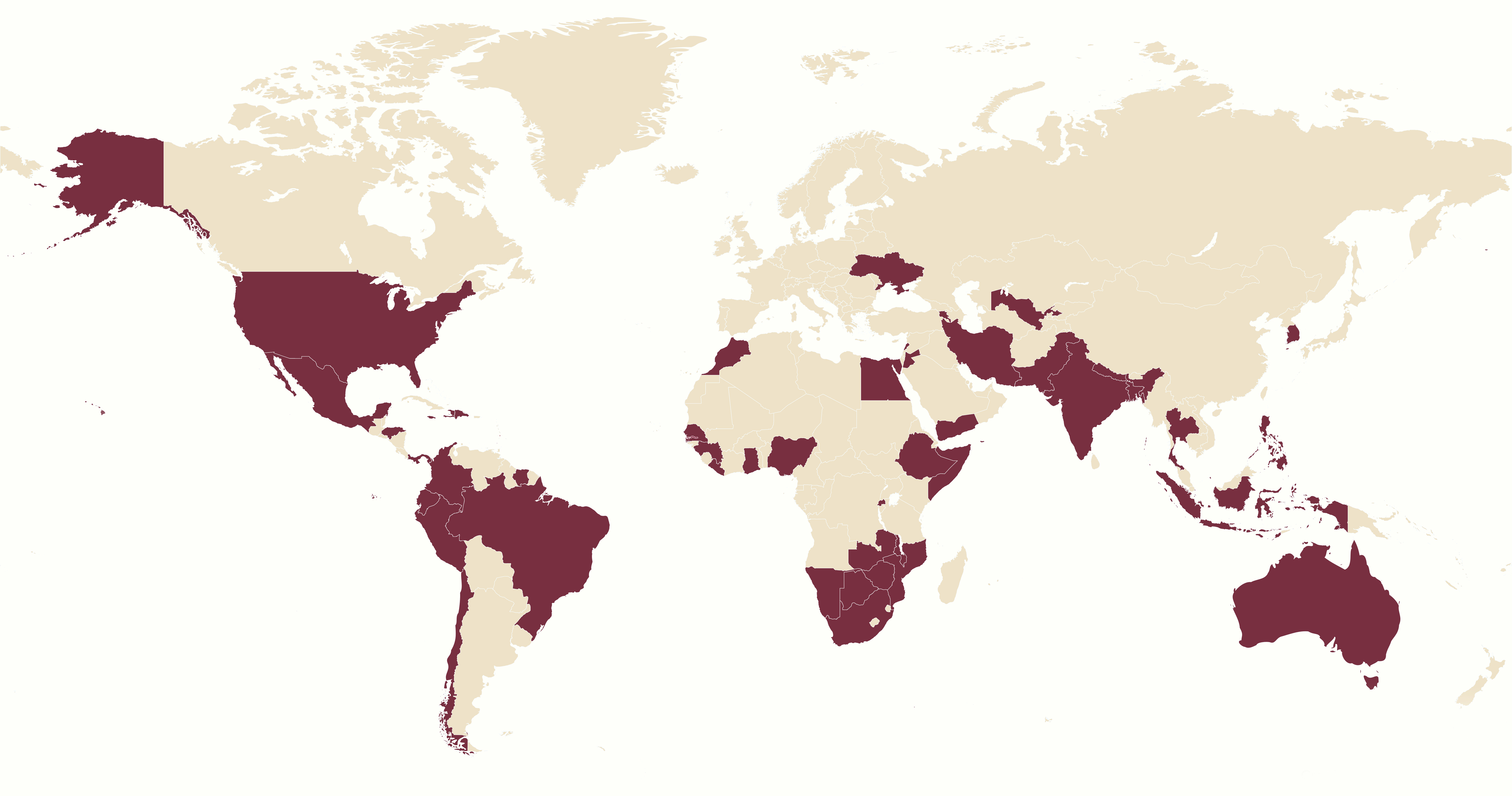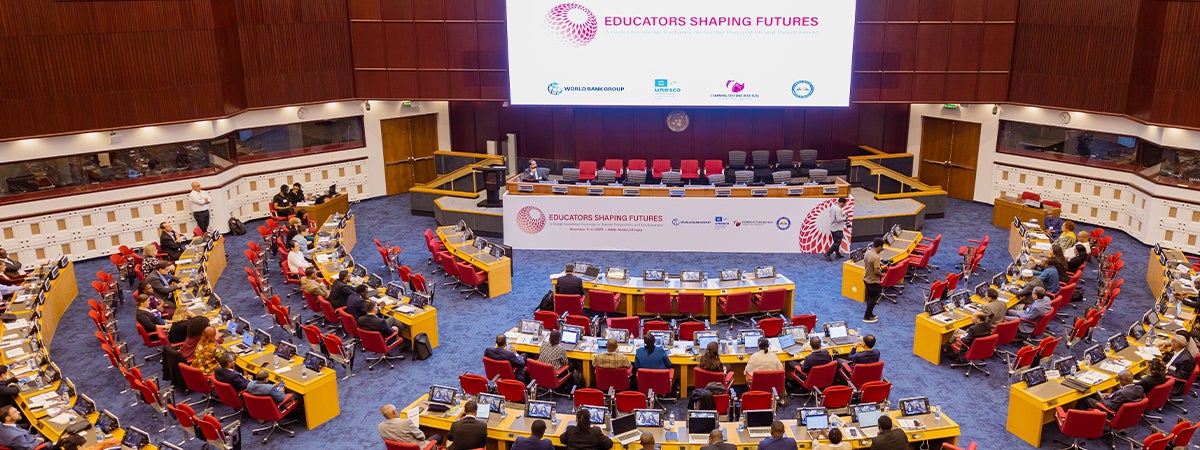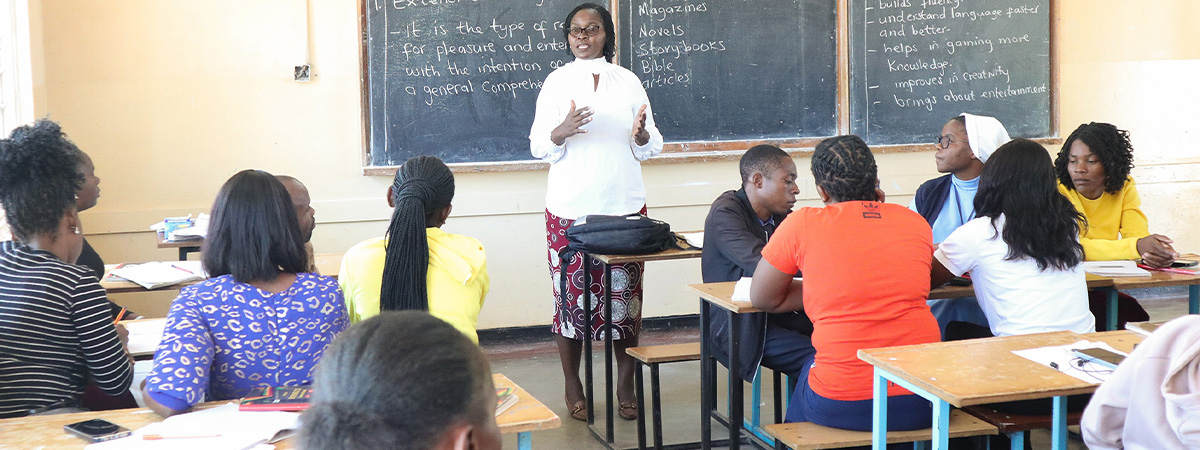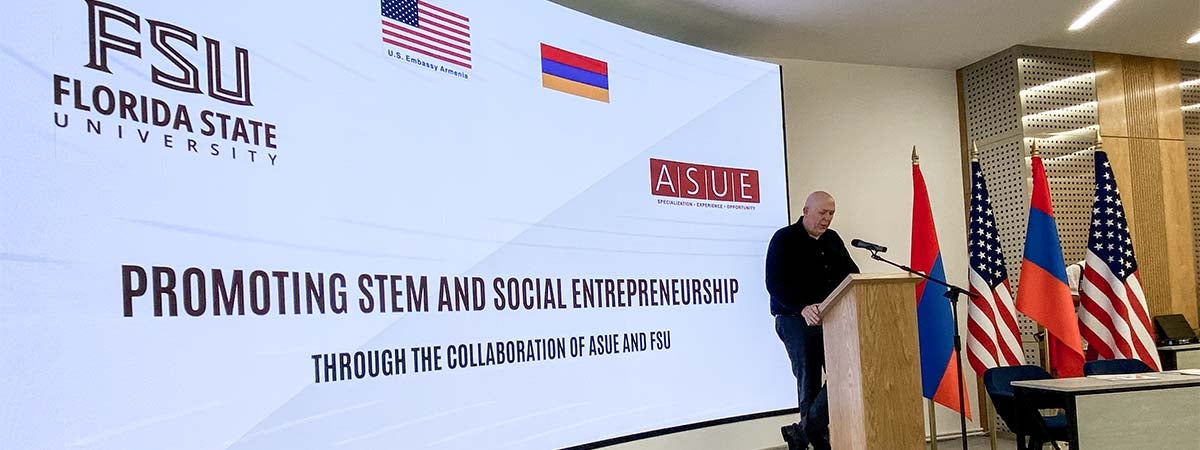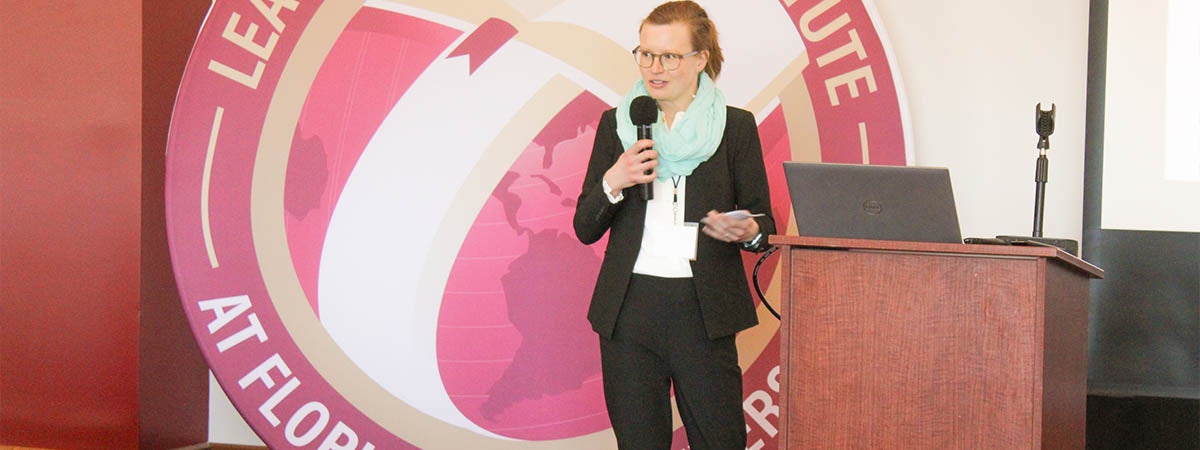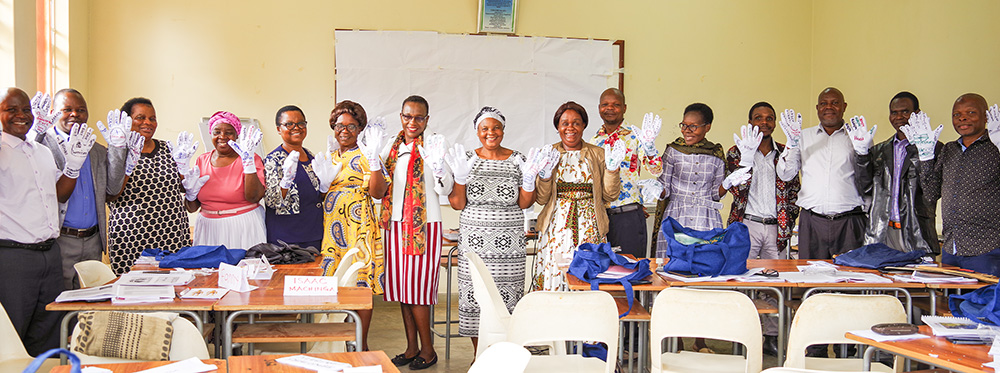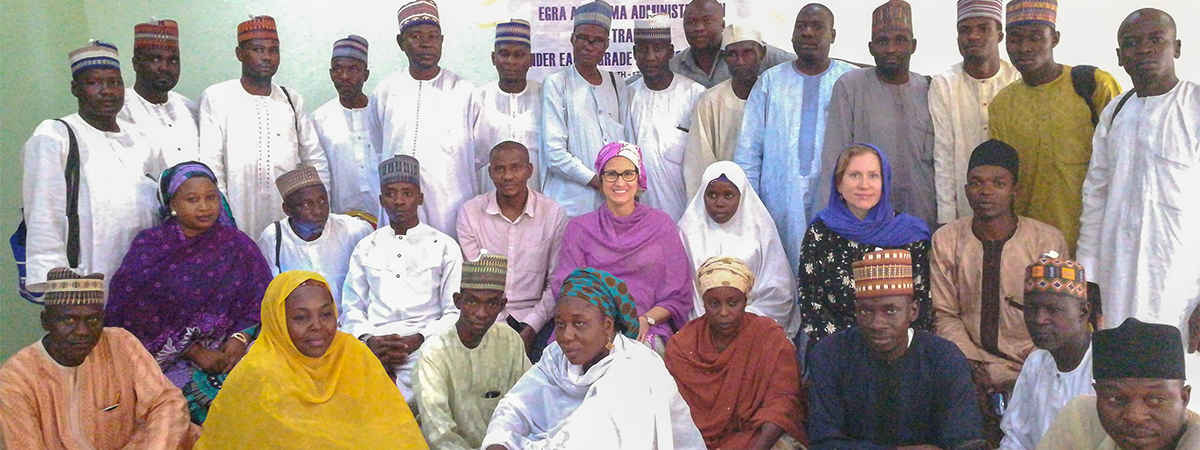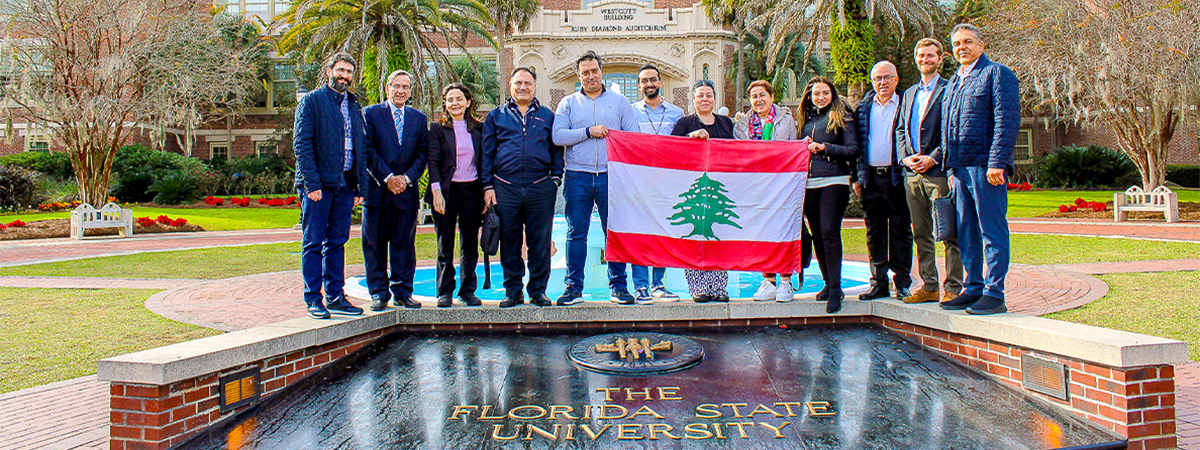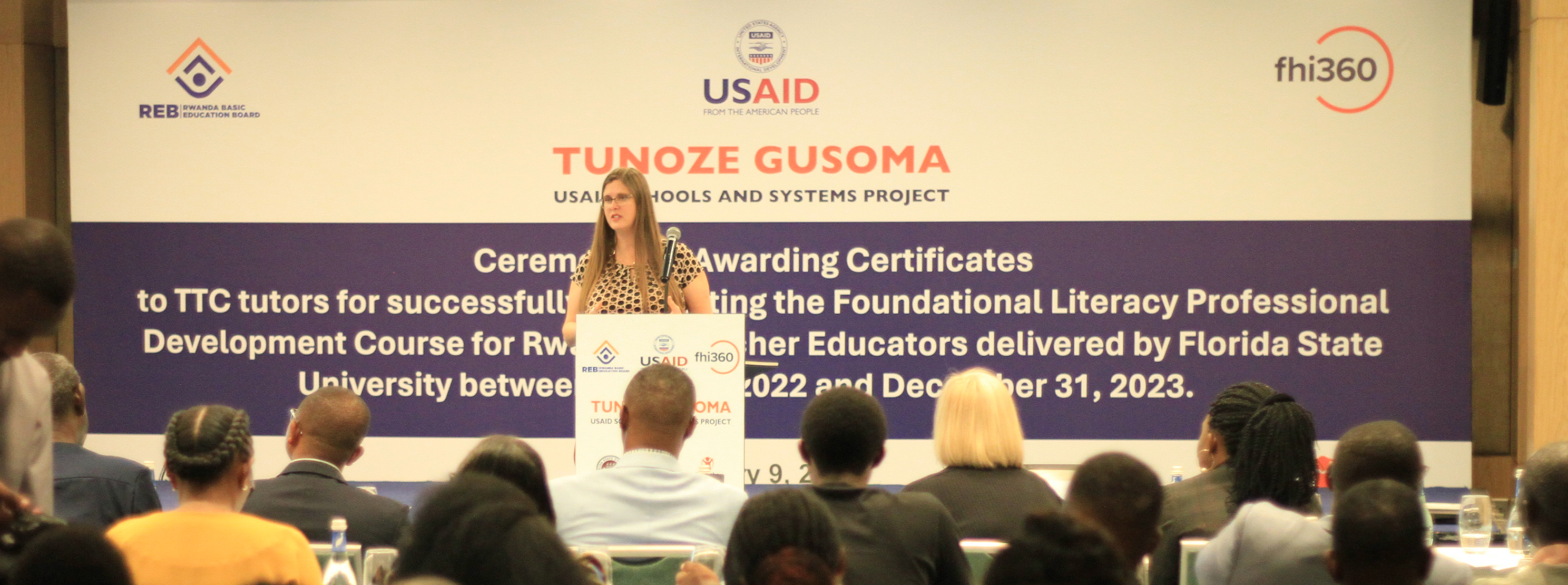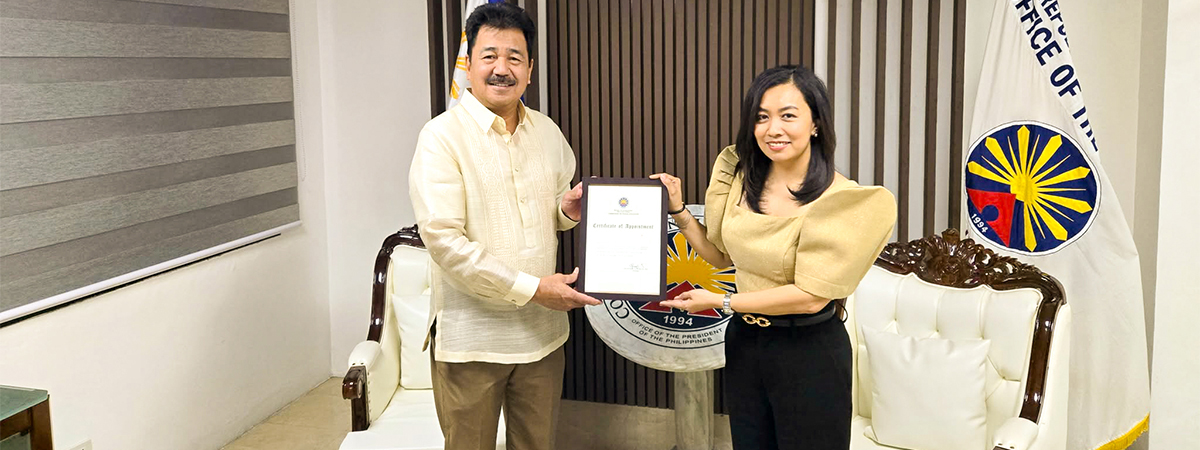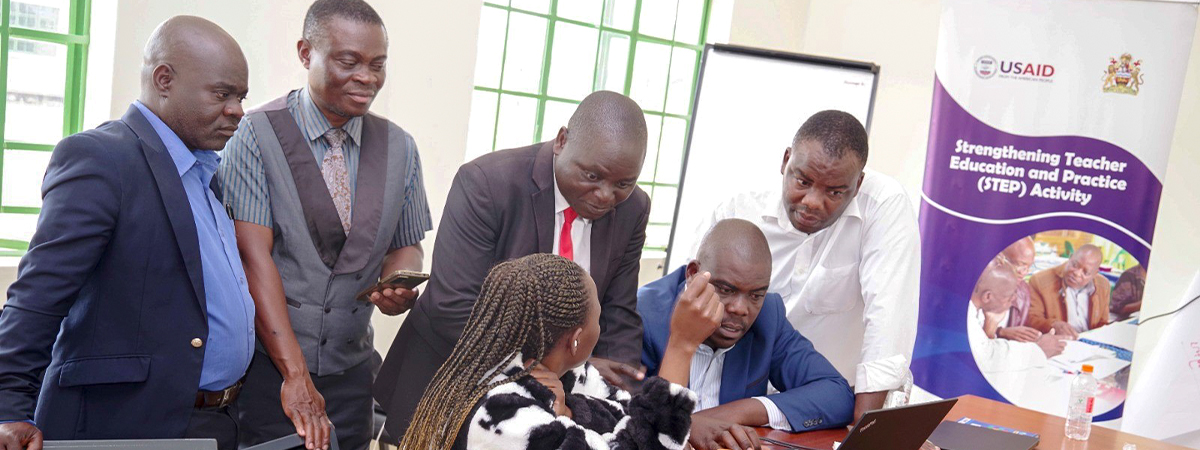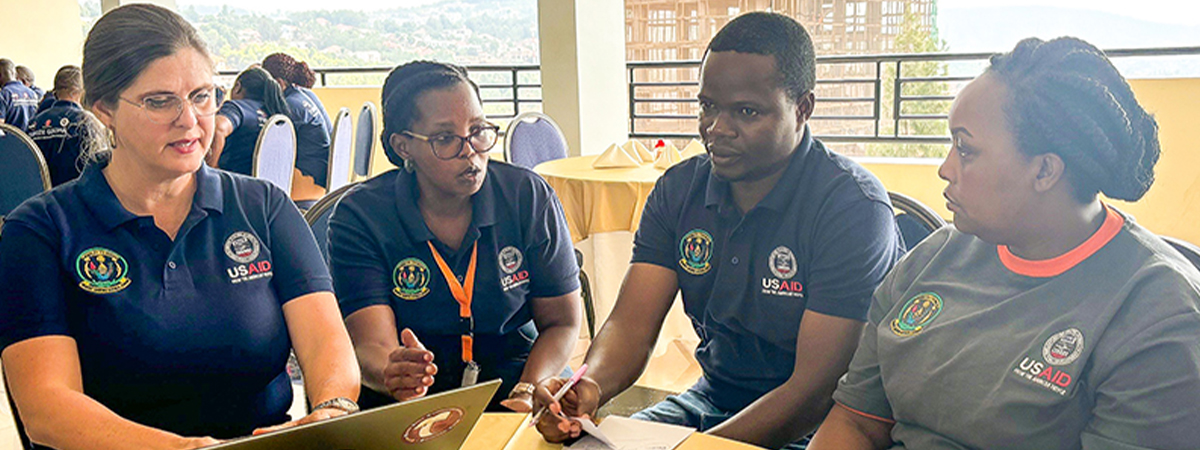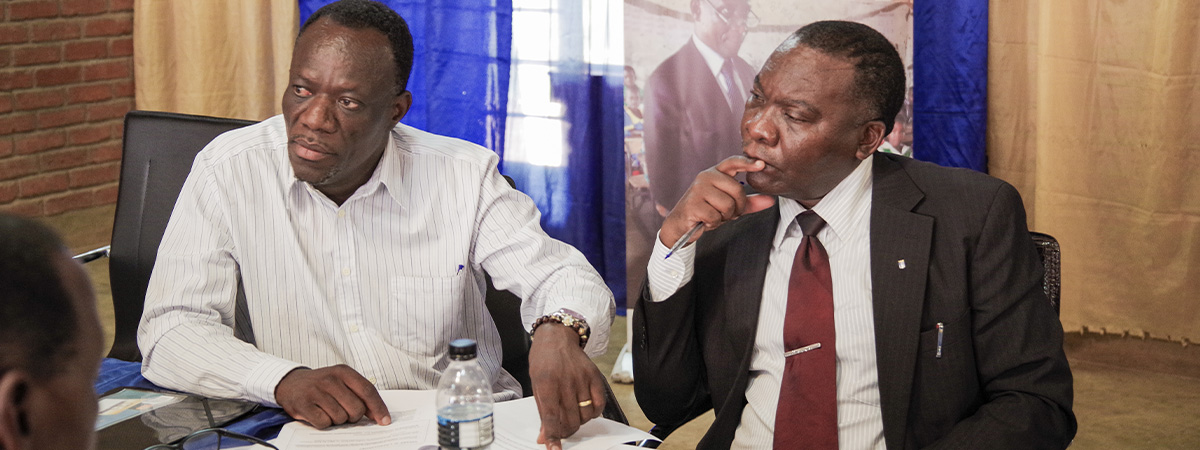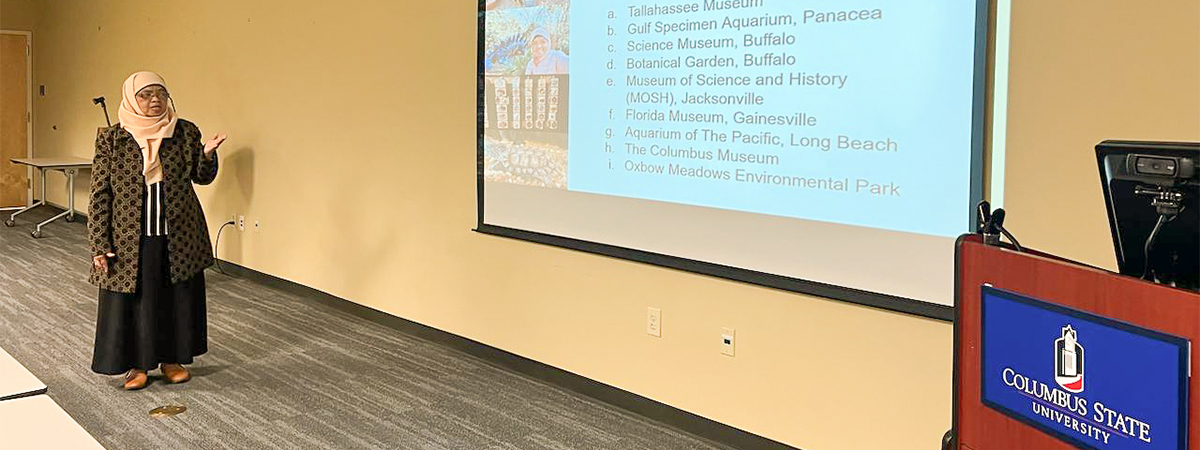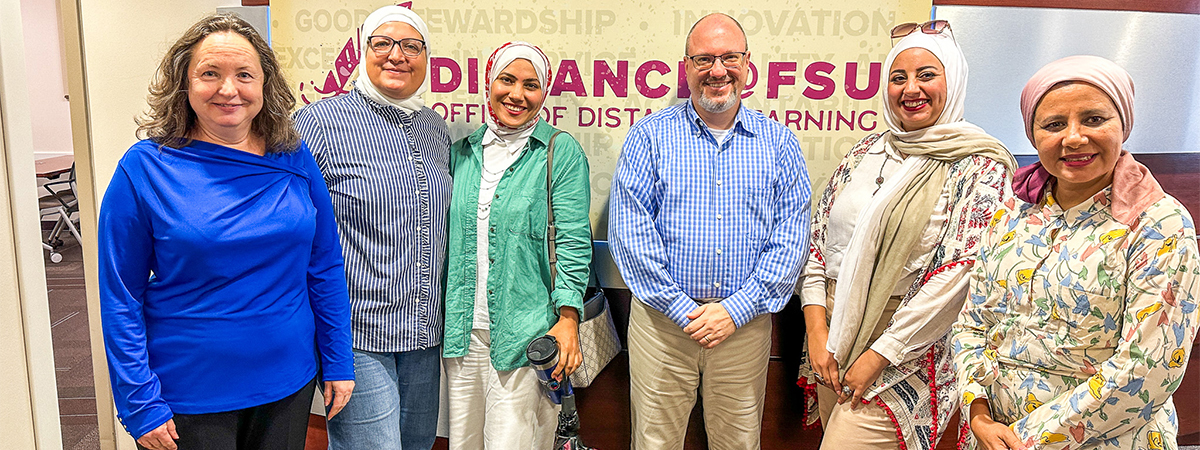North America
LSI has been involved in numerous projects based here in the United States and North America funded by agencies in the USA, including the U.S. Department of State, the National Science Foundation, the Florida Department of Education, the Institute of Education Sciences, and other organizations.
Project List
Central America and the Caribbean
LSI has worked with the Dominican Republic, Grenada, Haiti, Honduras, Jamaica, Mexico, and Panama on projects, including the Community College Administrator Program (CCAP).
Project List
South America
LSI has been a part of projects in five South American countries, including The Community College Administrator Program with Brazil, Colombia, Ecuador, Peru, and other countries globally.
Project List
Africa
Our faculty and staff have a wealth of experience working in African countries. The LSI team has been involved with projects in Botswana, Egypt, Ethiopia, Ghana, Guinea, Liberia, Malawi, Morocco, Mozambique, Namibia, Nigeria, Rwanda, Senegal, Somalia, South Africa, Zambia, and Zimbabwe.
Project List
Asia and the Pacific Islands
The LSI International Center's work in Asia and the Pacific Islands is extensive. Our faculty and staff have worked on projects in India, Indonesia, Iran, Jordan, Lebanon, Nepal, Pakistan, Philippines, South Korea, Thailand, Tuvalu, Uzbekistan, and Yemen.
Project List
Europe
The Community College Administrator Program, which includes Ukraine, was designed to improve access, workforce development, private sector partnerships, distance education, governance, finance, student services, leadership, program assessment, utilization of technology, and community engagement through intensive study of the U.S. community college model.
Project List

